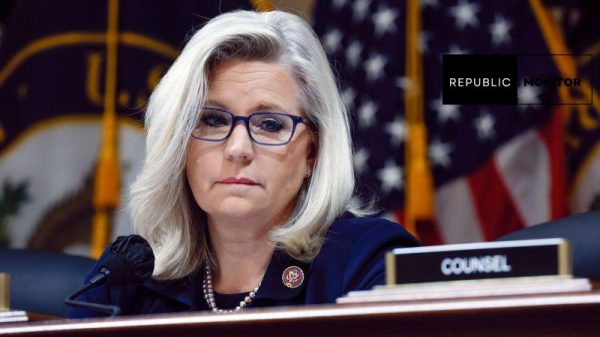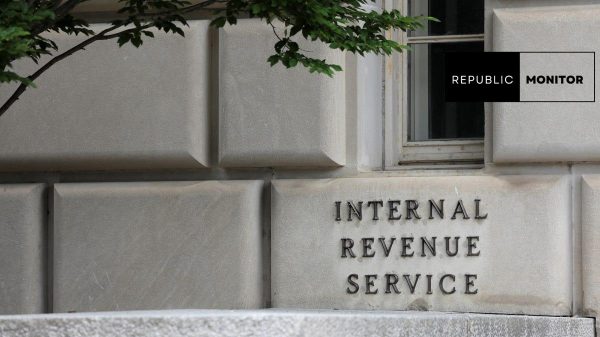Amid ongoing efforts to provide financial relief, the Social Security Expansion Act has emerged as a beacon of hope for senior citizens, offering the potential for a $2000 monthly stimulus check. This legislation aims to bolster financial assistance for individuals already receiving Social Security benefits and those reaching the age of 62 in 2023. As governments across states gear up to distribute stimulus checks, here’s a closer look at the criteria and additional aid approved by certain states.

“Social Security Expansion Act: Senior Citizens Eligible for $2000 Stimulus Check”
The stimulus checks are set to benefit individuals with disabilities, low-income families, and senior citizens, with eligibility criteria determined by each state government. For households to qualify, their adjusted gross income (AGI) must not exceed $75,000 for individuals, $150,000 for married couples filing jointly, and $112,500 for heads of households.
One notable aspect of this initiative is that veterans, individuals aged 65 or older, and those already receiving social benefits need not take any action to receive the stimulus. The process is designed to be streamlined for those who may be most vulnerable or in need of immediate financial relief.
Crucially, any family member with a valid Social Security number (SSN) can qualify for the Fourth Stimulus Check. This inclusivity ensures that even if parents are ineligible, their children can qualify if they possess an SSN, provided both parents have Individual Taxpayer Identification Numbers (ITINs).
Several states have taken additional steps to provide aid beyond the federal stimulus. In Arizona, individuals returning to the workforce post-COVID-19 can expect annual support of $2,000. California plans to distribute one-time checks ranging from $600 to $1,200 for those earning less than $75,000 annually.
Colorado is offering $375 to individuals who have received unemployment payments within a specified period. Maine is providing $285 in disaster relief and has announced $850 support checks to counter inflation. Maryland, on the other hand, is providing $500 to families and $300 to individuals who filed an Earned Income Tax Credit in 2019.
Missouri is directing $250 towards supporting mental health workers, nursing homes, and correctional facilities. New Mexico is issuing a one-time $750 check to low-income groups not qualifying for federal stimulus. New York is set to offer one-time support ranging from $3,200 to $15,600 for individuals who have become unemployed due to the pandemic.
Vermont is supporting frontline workers through the Hazard Pay Grant Program, providing aid in the range of $1,200 to $2,000. These state-specific initiatives add a layer of targeted support, addressing unique challenges faced by residents in the wake of the pandemic.
As the Social Security Expansion Act unfolds and states implement their aid programs, seniors and eligible individuals are encouraged to stay informed about their eligibility and the steps needed to access these vital financial resources.
















